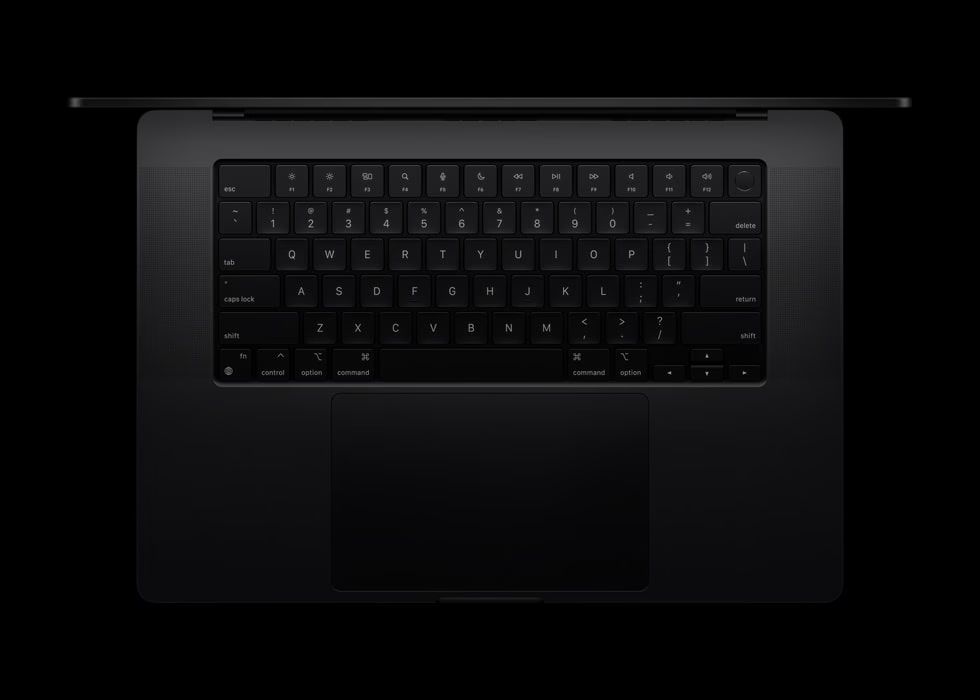Kuo's Bold Prediction: A Cheaper MacBook Powered by iPhone Processor on the Horizon?
It’s always fascinating when a prediction from a well-regarded analyst like Ming-Chi Kuo drops, especially when it concerns Apple. His latest insight, suggesting Apple is gearing up to release a more affordable MacBook, potentially powered by a chip akin to those found in iPhones, has certainly set the tech world abuzz. And honestly, it’s a move that makes a lot of sense if you look at the broader market trends. We're talking about a potential game-changer for Apple's laptop lineup, aiming to hit a price point significantly lower than the current MacBook Air's starting $999.
The Core of the Rumor: iPhone Silicon in a Laptop
So, what exactly are we discussing here? Kuo's intel points to Apple leveraging its incredibly efficient A-series chips, typically reserved for iPhones and iPads, to power a new, entry-level MacBook. This isn't just about slapping an iPhone chip into a laptop shell; it's about a strategic re-evaluation of what an "entry-level" Mac can be. For years, Apple has been pushing its custom silicon, first with the M-series chips in the higher-end Macs, proving they can outperform many Intel counterparts while being incredibly power-efficient. Now, the idea is to bring that silicon expertise to an even more accessible price point.
Think about it. Apple has perfected its chip design process. They've got the A-series, which are absolute beasts in the mobile world, and the M-series, which have redefined laptop performance. It's a natural progression, isn't it? To take the efficiency and cost-effectiveness of their high-volume iPhone chip production and apply it to a laptop. This could significantly reduce manufacturing costs, allowing Apple to finally compete in the sub-$800 or even sub-$700 laptop segment, a space they've largely ignored.
Performance and Practicalities: Can an iPhone Chip Cut It?
Now, the big question: can an iPhone processor truly handle the demands of a MacBook? It's a valid concern. While an A17 Bionic chip, for instance, is incredibly powerful for a smartphone, a laptop typically demands more sustained performance, better thermal management, and the ability to run a wider array of desktop applications.
- Thermal Management: iPhones are passively cooled. Laptops, even the fanless MacBook Air, have more surface area and internal volume for heat dissipation. An A-series chip, designed for short bursts of intense activity, would need careful engineering to prevent throttling under continuous laptop workloads. This isn't an insurmountable challenge for Apple, but it's not trivial.
- Software Optimization: macOS is already optimized for Apple Silicon. Rosetta 2 has proven incredibly effective for running Intel-based apps. The real test would be how well macOS scales down to an A-series chip, especially for multitasking or more demanding browser usage. I'd imagine this "cheaper MacBook" wouldn't be aimed at video editors or graphic designers. It's more for students, casual users, and those who primarily browse the web, handle emails, and use productivity suites. For that, an A-series chip, properly integrated, could be more than enough. It's about finding the right balance of cost and capability.
Market Strategy: Broadening Apple's Reach
This potential move isn't just about a new product; it's a strategic play in the broader laptop market. The sub-$1000 segment is fiercely competitive, dominated by Windows laptops from Dell, HP, Lenovo, and others. Apple's current entry point, the MacBook Air, while excellent, still prices out a significant portion of the market, especially in emerging economies or for budget-conscious consumers.
Introducing a cheaper MacBook would allow Apple to:
- Capture New Users: Attract students, first-time laptop buyers, or those in developing markets who aspire to own an Apple product but find current prices prohibitive.
- Expand Ecosystem Lock-in: Get more users into the Apple ecosystem at an earlier stage, potentially leading to future iPhone, iPad, or service purchases.
- Diversify Product Lineup: Create a clear tiering within the MacBook family, with the "iPhone-powered" model at the base, the M-series Air in the middle, and the Pro models at the top. This provides options for every budget and need, a strategy Apple has successfully employed with its iPhone SE line.
The Upsides and Potential Pitfalls
The upsides of such a device are pretty clear: a more accessible price point, potentially incredible battery life (given the A-series' efficiency), and the seamless integration we've come to expect from Apple's ecosystem. Imagine a MacBook that sips power like an iPad, lasting all day on a single charge. That's a compelling prospect.
However, there are potential pitfalls. If the performance isn't up to snuff, even for basic tasks, it could damage the "MacBook" brand perception. There's also the risk of cannibalizing MacBook Air sales if the price-to-performance ratio is too compelling. Apple would need to carefully differentiate this new model, perhaps through design, port selection, or screen quality, to ensure it doesn't step on the Air's toes too much. It's a delicate balancing act, but one Apple is usually quite adept at. From my perspective, the benefits of reaching a wider audience likely outweigh these risks, provided the execution is solid.
This isn't just a rumor; it's a logical next step for Apple as they continue to refine their custom silicon strategy. If Kuo's prediction holds true, we could see a genuinely exciting shift in the entry-level laptop market, making the Mac experience available to a whole new generation of users. And that, my friends, is something worth watching.
